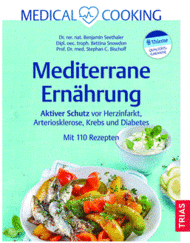Knowledge & Perspectives
Mental health and well-being at work: New anger scale predicts conflicts at work [14.04.2025]
Study by the University of Hohenheim: The level of anger can be measured using an anger scale. The latter makes it easier to identify conflicts among team members more quickly.more
Innovation systems and transformation pathways for a ‘green chemistry’ - a theoretical discourse [06.03.2025]
A recent article by Prof Pyka's group uses the example of ‘green chemistry’ to illuminate and resolve the apparent differences between ecohumanism and ecomodernism, and shows a dynamic perspective of emerging innovation systems. This dynamic combination shows how a committment and focus on sustainability can be implemented without falling back into a naïve techno-optimistic...more
GLOHRA webinar with Prof. Dr. Amélia Camarinha Silva, today, 16:00 hrs [04.02.2025]
"Livestock microbiome and native resources for animal health and antimicrobial resistance (AMR) reduction"more
"Restore-Diet": Keeping cholesterol, blood sugar and inflammation levels low [29.01.2025]
Prof. Stephan Bischoff's team contributed to an international study, recently published in the renowned CELL Journal more
Spotlight on Ligilactobacillus hohenheimensis [17.12.2024]
Researchers discover previously unknown bacteria in the small intestine of chickens. These microorganisms seem to influence the health and feed conversion of farm animalsmore








